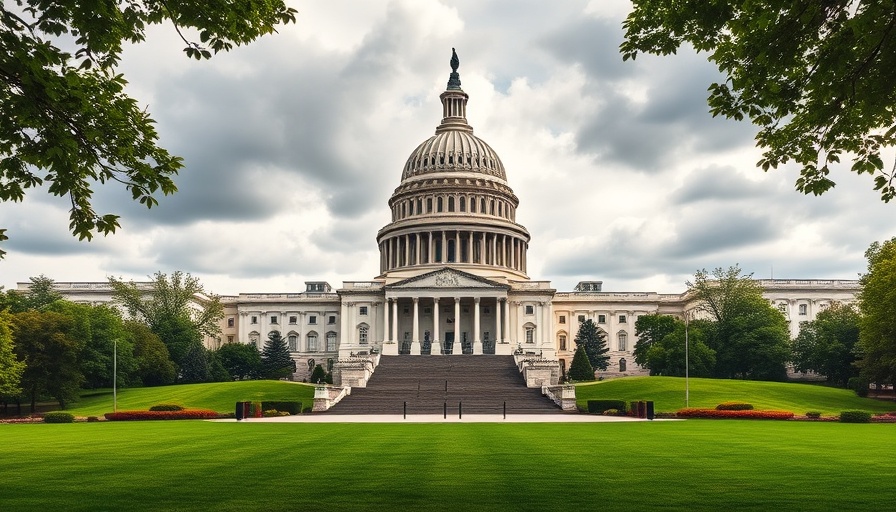
Understanding Tariff Implications for Houston Homeowners
As the Trump Administration imposes a sweeping 25% tariff on steel and aluminum imports, homeowners in Houston are poised to see ripple effects throughout the HVAC industry, which heavily depends on these materials. Following recent announcements, the trade landscape appears more convoluted, especially considering the temporary exemption for USMCA-compliant imports from Mexico. Yet, with Canadian goods remaining subject to tariffs, the potential for increased costs looms large.
Current Tariff Landscape: What Homeowners Should Know
On March 6, President Trump instituted the new tariffs alongside a discussion to exempt certain products from Mexico until April 2. This move serves as an immediate relief for some HVAC components, but caution is warranted as Canadian imports face the 25% tariff head-on, potentially leading to elevated prices for essential parts. The HVAC sector is intricately tied to international supply chains; hence, we could witness snowballing effects on service prices in the coming weeks.
Impact on HVAC Costs for Houston Homes
With a substantial share of HVACR components relying on materials like steel and aluminum, these tariffs could drive up equipment costs significantly. According to industry insights, it’s essential for homeowners to anticipate higher prices for HVAC installations and repairs as manufacturers may pass on these inflated costs down the supply chain. The import figures show that around 70% of HVACR products come from the nations affected by the new tariffs, indicating a more steep rise in consumer costs.
Homeowner Strategies Amid Tariff Pressures
What can homeowners do to navigate these impending price increases? First and foremost, early maintenance of existing HVAC systems might be a wise measure. Delaying upgrades could mean opting for repairs instead despite the long-term benefits of newer systems. Many homeowners could find themselves delaying necessary replacements, strengthening the demand for cost-effective repairs over finding new, energy-efficient systems. This trend emphasizes the need for clear communication between homeowners and contractors about the changing market landscape.
Future Predictions: What’s Next for Houston Homeowners
As the administration navigates its trade policies, the HVAC market faces uncertainty. There’s potential for retaliatory tariffs from Canada, which may escalate costs further. Such dynamics can create a balancing act for supply chain management — especially as the market adjusts pricing strategies based on anticipated tariffs. Homeowners should stay informed about market conditions and consider the timing of any major HVAC investments. Keeping abreast of tariff updates could provide homeowners a chance to hedge against unnecessary expenses.
 Add Row
Add Row  Add
Add 

 Add Row
Add Row  Add Element
Add Element 




Write A Comment